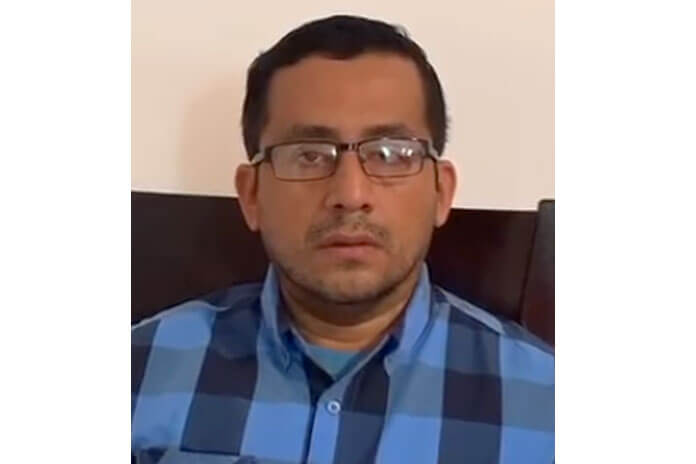BELIZE CITY, Wed. May 27, 2020– Belize has gone 7 weeks without anyone in the country testing positive for the novel coronavirus. No other country on the Central American mainland can proclaim such a status. When it comes to the pandemic, the number of daily active cases in other Central American countries is staggering, and the death toll continues to spike.
Today on the government’s webcast Ask the Experts, Director of Health Services Dr. Marvin Manzanero detailed the number of new infections in countries in the region, beginning with the United States, where 5,480 new cases were added over the last 24 hours.
At that point of the day, the total number of deaths in the US from the virus on that day was 256.
Next door in Guatemala and Mexico, the virus continues to spike. Mexico added 3,455 new cases, and 501 deaths were reported; meanwhile in Guatemala, 194 more persons tested positive for COVID-19.
Dr. Manzanero, who had just come from a meeting of the National Oversight Committee, explained that government is concerned about the spike in cases in the countries around Belize.
“Other than some of the Caribbean islands, English-speaking, having no active cases or no recent cases, almost all other countries in the region are continuing to show spikes, even Costa Rica, although their numbers are much smaller than other countries, but Honduras, Nicaragua…if you go back to how they were one week ago and where they are now, it is ten times the reported official numbers, at least,” stated Manzanero.
Manzanero went on to say, “Cases in Honduras, Guatemala and Nicaragua are expected to continue to rise, as in Mexico….So those numbers cannot be shelved. We need to review them on a daily basis. Provided that we are not having interactions with people coming from those countries, we should be able to keep our cases the way we are for the Belize context.
“But we are assuming that where the next potential case or cases can come from, is that interaction, particularly the illegal ones.”
Dr. Manzanero also explained that when it comes to testing, when compared to the other countries, Belize has done more extensive testing from a statistical standpoint.
The Ministry of Health will begin to do only two days of testing per week, instead of the three that were being done, Manzanero then announced.
”It is still ongoing, since the last cases that we have reported more than six weeks ago. We have duplicated the number of tests that have been done, and almost all of that has been as a result of random sampling,” Manzanero explained.
“But we are having what’s called a low yield, or no yield even, because we are not finding any cases. So we are going to scale down the number of testing days from three to two as of next week. We are still going to continue to actively look for people who may have any severe acute respiratory illness or any of those symptoms that have been described for COVID-19; those patients will be swabbed and samples checked,” he said.
“But in terms of the random sampling, since we are not finding any cases, we may have to scale that down. We have the ability now to do close to six thousand tests, if not more, with some reagents still pending to come in,” Manzanero further outlined.
He then explained, “But it doesn’t mean that you would just squander your six thousand. Remember, you have to potentially scale up your testing once you identify any more cases.
“Some countries in the Central American region have expressed that they are running low or they don’t have supplies to be doing PCR testing. Same concerns have been expressed by Caribbean counterparts, so that routinely, they are not recommending that we do random sampling on people that are asymptomatic, and that’s part of why we are scaling down our testing approach.”
Feature photo: Dr. Marvin Manzanero

